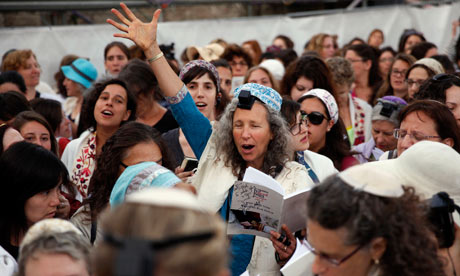For all of Torah’s miracles large and small, this week’s story of a talking donkey who sees an angel is perhaps Torah’s most magical and childlike narrative. In its words lurks a profound secret that touches (and challenges) the core of our adult sense of good and evil, right and wrong.
Parshat Balak is named for a king who sends his mystic holy man, Bilam, to curse Jews. God doesn’t want Bilam to go, and sends a series of mishaps for Bilam’s journey. Bilam stubbornly insists on fulfilling Balak’s command, and God ultimately uses diversions to turn Bilam’s heart – not to curse the Jews but to bless them.
Our story picks up in Num. 22:22, “And God’s anger was kindled because [Bilam] went, and God’s angel positioned himself in the way to inhibit him.” At first only the donkey Bilam was riding saw the angel, sword in hand. The donkey turned aside: Bilam hit the donkey, so the donkey squeezed himself against a wall and crushed Bilam’s foot. Bilam hit her again, so she dropped and trapped Bilam. After Bilam hit her a third time, the donkey spoke to Bilam – that’ll get his attention! – and lo, Bilam saw the angel. Bilam’s eyes, heart, journey and mission instantly transformed.
“God’s angel positioned himself in the way to inhibit [Bilam].” In Hebrew, Torah’s word “inhibit” means to “redirect” or “be adverse to.” Torah’s word is לשטן – “to Satan.” Yes, that Satan – a word today connoting the devil, evil, God’s foil, Superman’s Lex Luthor – the opposite of angelic.
The Jewish Satan, however, is no such thing. God’s angel stands against Bilam to redirect him for good according to God’s plan. That’s the original Jewish Satan – divine redirection. Centuries later, Satan appeared as a loyal prosecutor, as in the Book of Job. This loyal prosecutor became in Greek diabolos (“accuser”), whose legend evolved into the diabolic Devil thwarting God, let loose by the Fall of Man. This Hellenistic and later Christian evolution came full-circle in medieval Judaism, which re-absorbed then-Christian legends about the Devil: Jews then imported from Christianity a re-imagined Satan disguised as a Snake who tempted Eve, a bad boy who tempted Noah to drink, and other Biblical troublemakers. Centuries later, Satan seems separate from God, and the devil of evil pitchfork infamy was born.
The devil we know, however, is the holy power of divine redirection – things that don’t work because they shouldn’t, blocks appearing on roads we shouldn’t travel. The Jewish idea of Satan invites us to stop and ask: “Does this obstacle suggest a higher purpose for my journey? Does this roadblock mean I shouldn’t travel this highway?” Satan asks us not automatically to retreat from challenge, but to discern from our highest wisdom and spirit – and invite redirection for good. That’s the kind of “devil” we all ought to know. Rabbi David Markus














 Evan J. Krame was ordained as a rabbi by the
Evan J. Krame was ordained as a rabbi by the